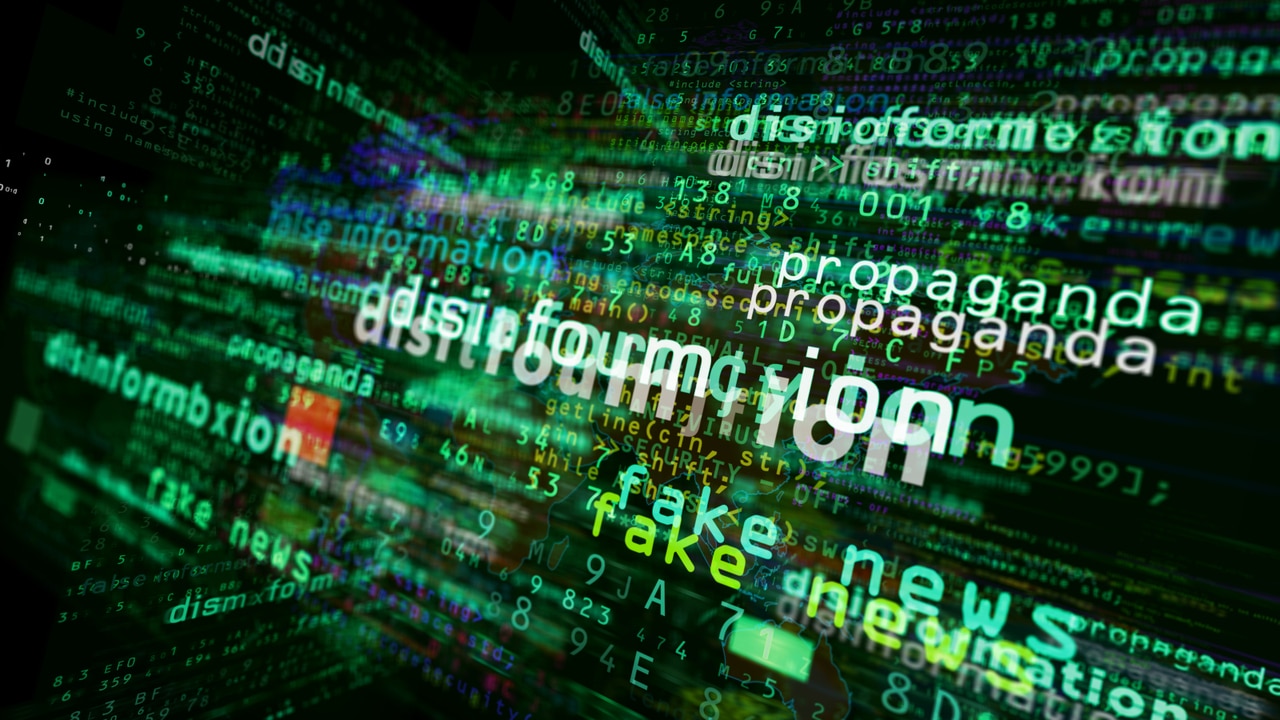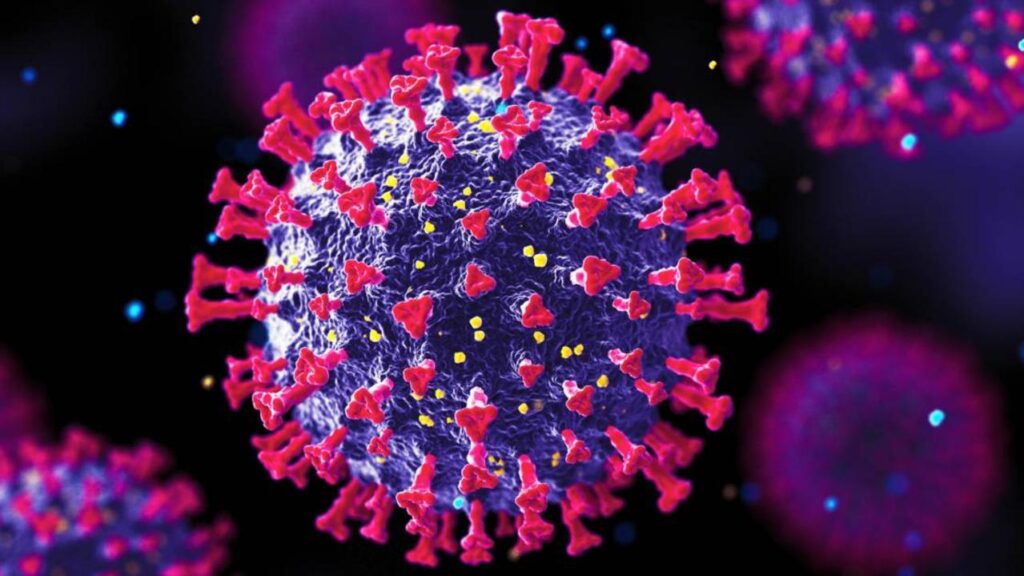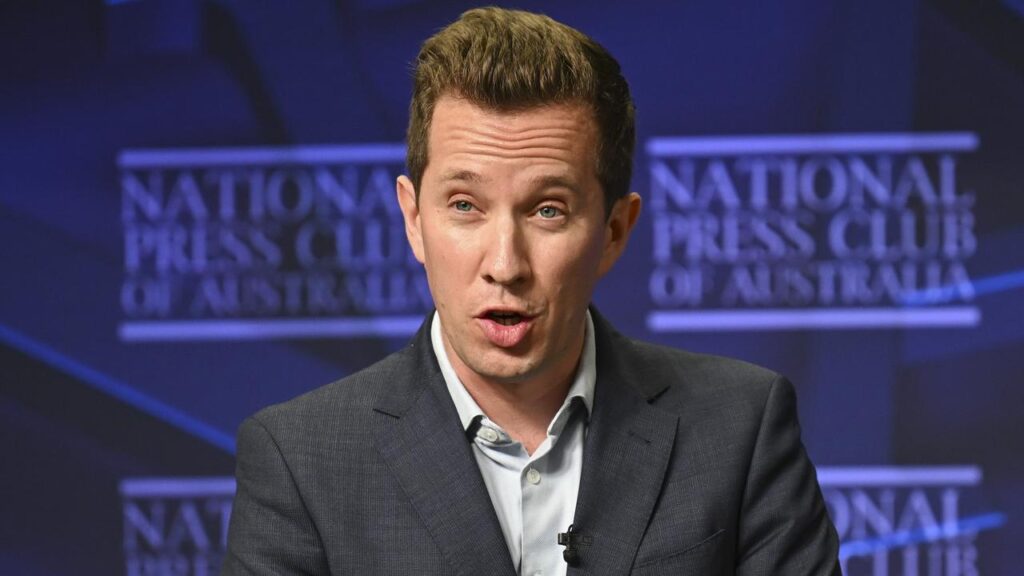Fears about online attack on free speech
Written by admin on October 17, 2024
Religious groups and the human rights commissioner say Labor’s proposed Bill to combat misinformation and disinformation would threaten freedom of expression and “undermine democracy”.
The Coalition has strongly opposed the Bill, which aims to protect online users from misinformation and disinformation; however, the opposition says it is an attack on free speech.
The Bill has also been attacked by religious groups, including the Australian Christian Lobby (ACL), which also said it would pose a “serious threat to the Australian democracy”.
“One of our concerns about this Bill is that it has the potential to stifle the processes through which knowledge moves on,” ACL independent researcher Elizabeth Taylor said.
“The misinformation of today may be proven to be correct tomorrow, or new information may come to displace the incumbent orthodoxies of the day. This is the process of progress.”
ACL chief executive Michelle Pearse said the Bills’s provisions that would protect religious vilification were “an over-reaction to censor contrary opinions”.
Melbourne Archbishop Peter A Comensoli also questioned who would be making judgments around what counts as misinformation and disinformation and said there needed to be more transparency.
“The legislation itself does not deal with this in any articulate way … the issue around who would be making judgments around what is truthful, what is fact, not so much the content itself,” he said.
“The platforms themselves have bias.”
Human rights commissioner Lorraine Finlay said the legislation needed “greater transparency, accountability and scrutiny mechanisms” and feared it could create “tiers of speech rights”.
Although Ms Finlay said there needed to be laws to “combat misinformation and disinformation”, the Bill’s broad definitions meant there was a danger in confusing “misinformation and disinformation” with “behavioural content that we don’t like”.
“We don’t feel the Bill in its current form strikes that right balance in terms of the protections that it provides, particularly for freedom of expression,” she said.
She also feared the Bill could lead to people self-censoring and prevent people from posting on digital platforms.
“That’s a harm that we say is very real based on the current drafting of the legislation, but it’s a harm that’s actually very hard to measure because we simply don’t know to what extent that self-censorship might occur,” Ms Finlay said.
However, eSafety commissioner Julie Inman Grant backed the Bill’s powers that would give the communications watchdog, the Australian Communications and Media Authority, greater powers to access and gather information from digital platforms.
“We can’t have accountability without meaningful transparency,” she said,
“My experience having worked 22 years in the technology industry, and now almost eight years as (commissioner), we absolutely need powers to compel very specific answers to specific questions around what they are and are not doing.”







